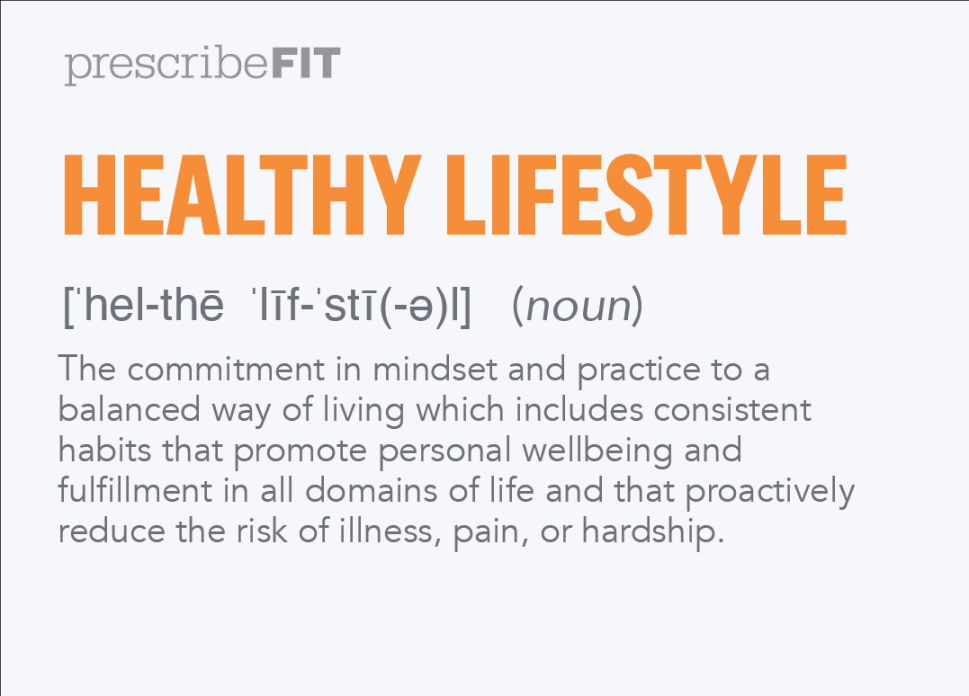Juicing has emerged as a popular health trend, offering a convenient and delicious way to incorporate a variety of fruits and vegetables into your diet. This practice involves extracting the juice from fruits and vegetables using a juicer, resulting in a concentrated liquid that is packed with nutrients, vitamins, and minerals. While juicing can be a valuable addition to a healthy lifestyle, it is essential to understand its benefits and potential limitations.
The Nutritional Powerhouse
One of the primary advantages of juicing is the ability to consume a high concentration of nutrients in a single serving. Fruits and vegetables are rich in essential vitamins, minerals, antioxidants, and fiber, all of which play crucial roles in maintaining optimal health. By juicing these foods, you can extract their nutritional essence and enjoy a quick and easy way to boost your nutrient intake.

Vitamins and Minerals: Juices are loaded with essential vitamins and minerals, including vitamin C, vitamin A, potassium, iron, and calcium. These nutrients support various bodily functions, such as immune system health, vision, bone health, and energy production.
A Boost for Digestion
Juicing can also be beneficial for digestion. The enzymes present in fruits and vegetables can aid in breaking down food and improving nutrient absorption. Additionally, the liquid nature of juices can be easier on the digestive system, especially for individuals with digestive issues.
Hydration and Detoxification
Juices are a hydrating beverage that can help you stay well-hydrated throughout the day. The high water content of fruits and vegetables can contribute to optimal hydration, which is essential for various bodily functions. Some people also believe that juicing can support detoxification by helping to eliminate toxins from the body. However, more research is needed to fully understand the detoxification benefits of juicing.
Balancing Act
While juicing offers numerous health benefits, it is essential to approach it with balance and moderation. Consuming excessive amounts of juice can lead to weight gain due to its high sugar content. It is important to incorporate whole fruits and vegetables into your diet as well, as they provide additional fiber, nutrients, and satiety.
Tips for Successful Juicing
Choose a variety of fruits and vegetables: Experiment with different combinations to find flavors you enjoy.
Juicing can be a refreshing and enjoyable way to incorporate more fruits and vegetables into your diet. By understanding its benefits and potential limitations, you can make informed choices and enjoy the nutritional rewards of this popular health trend.
In the vast tapestry of healthy living, one thread stands out as particularly vibrant and nourishing: plant-based protein. This dietary choice, often associated with a more sustainable and compassionate lifestyle, offers a wealth of benefits for both your physical and mental well-being. Let’s delve into the world of plant-based protein and discover why it’s a cornerstone of a healthy life.
A Nutritional Powerhouse
Plant-based protein is a nutritional powerhouse, packed with essential amino acids that our bodies need to build and repair tissues. Unlike animal-based proteins, which can be high in saturated fats and cholesterol, plant-based proteins are generally low in these unhealthy substances. This makes them a healthier choice for heart health and overall well-being.
Beyond Protein
But plant-based proteins offer so much more than just protein. They are also rich in fiber, vitamins, minerals, and antioxidants. Fiber aids digestion, helps regulate blood sugar levels, and promotes a healthy gut microbiome. Vitamins and minerals like iron, calcium, and zinc are essential for various bodily functions, and antioxidants help protect our cells from damage.
A Variety of Choices
One of the great things about plant-based protein is the variety it offers. From legumes like lentils and chickpeas to nuts and seeds, there’s a world of options to explore. Each plant-based protein source has its unique flavor profile and nutritional benefits, making it easy to incorporate into your diet without feeling bored.
Legumes: The Versatile Powerhouse
Legumes are a staple in many plant-based diets. They are packed with protein, fiber, and essential nutrients. Lentils, chickpeas, and black beans are just a few examples of the many legume varieties available. They can be used in soups, stews, salads, and even as a protein-rich substitute for meat in burgers and meatballs.
Nuts and Seeds: Nutrient-Dense Snacks
Nuts and seeds are another excellent source of plant-based protein. Almonds, walnuts, and cashews are popular choices, while chia seeds, flaxseeds, and hemp seeds offer a concentrated dose of protein and healthy fats. These can be enjoyed as a snack on their own or added to smoothies, oatmeal, or yogurt.
Whole Grains: A Protein-Packed Base
Whole grains like quinoa, brown rice, and oats are not only rich in fiber but also provide a good amount of protein. They can be used as a base for meals and can be paired with other plant-based protein sources to create complete and satisfying dishes.
The Benefits of a Plant-Based Diet
Beyond the nutritional benefits, adopting a plant-based diet can have a positive impact on your overall health and well-being. Studies have shown that plant-based diets are associated with a reduced risk of heart disease, stroke, type 2 diabetes, and certain types of cancer. Additionally, plant-based diets can help with weight management and improve digestive health.
Embracing a Plant-Based Lifestyle
Transitioning to a plant-based diet doesn’t have to be overwhelming. Start by incorporating more plant-based proteins into your meals gradually. Experiment with different recipes and flavors to discover what you enjoy. And remember, the key to a healthy lifestyle is balance and moderation. Enjoy a variety of plant-based proteins and don’t be afraid to indulge in other healthy foods as well.
By embracing the power of plant-based protein, you can nourish your body, support your health goals, and contribute to a more sustainable and compassionate world. So, let’s embark on this delicious and fulfilling journey together and discover the many benefits of a plant-based lifestyle.
 Udento Lifestyle & Health
Udento Lifestyle & Health




